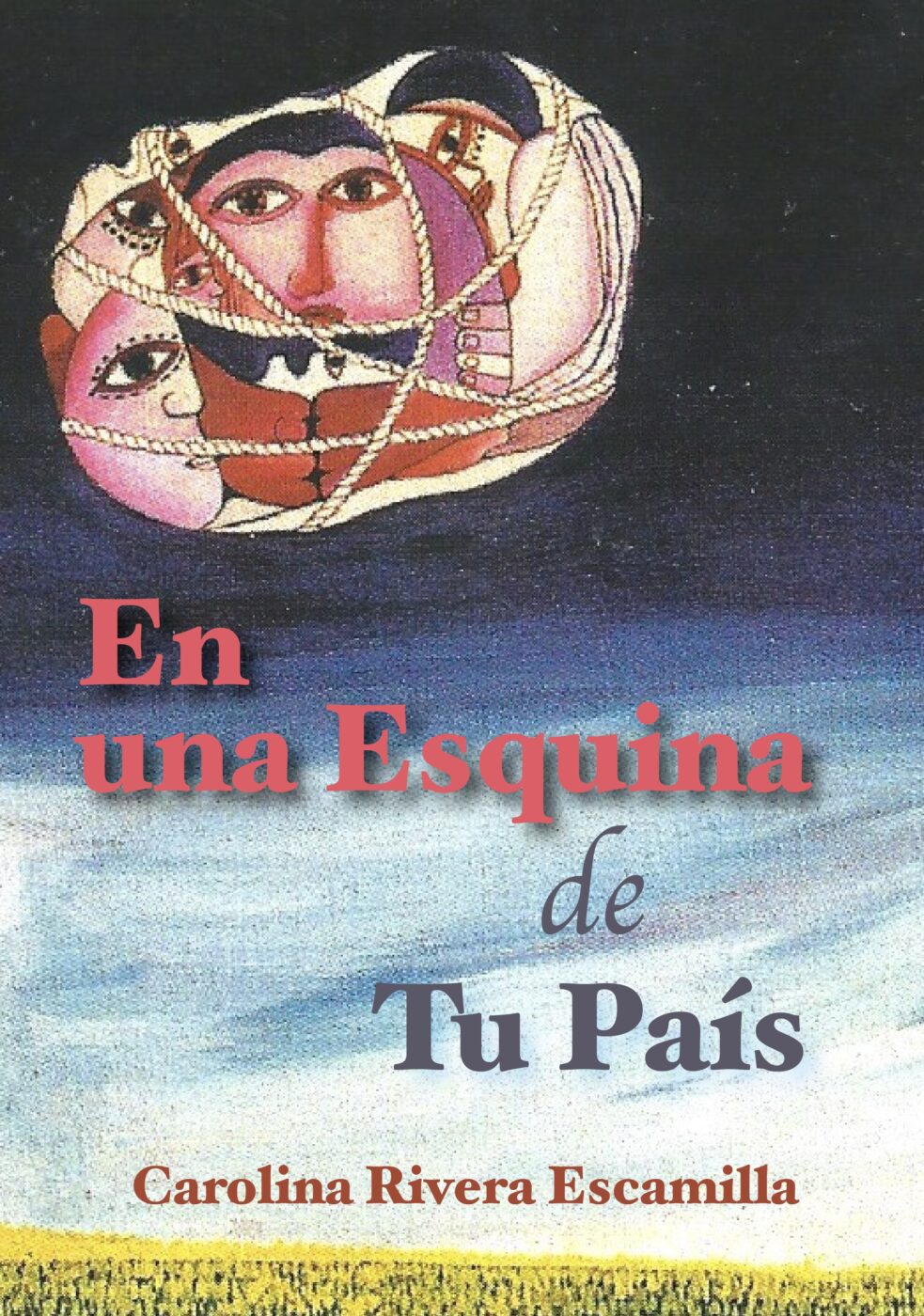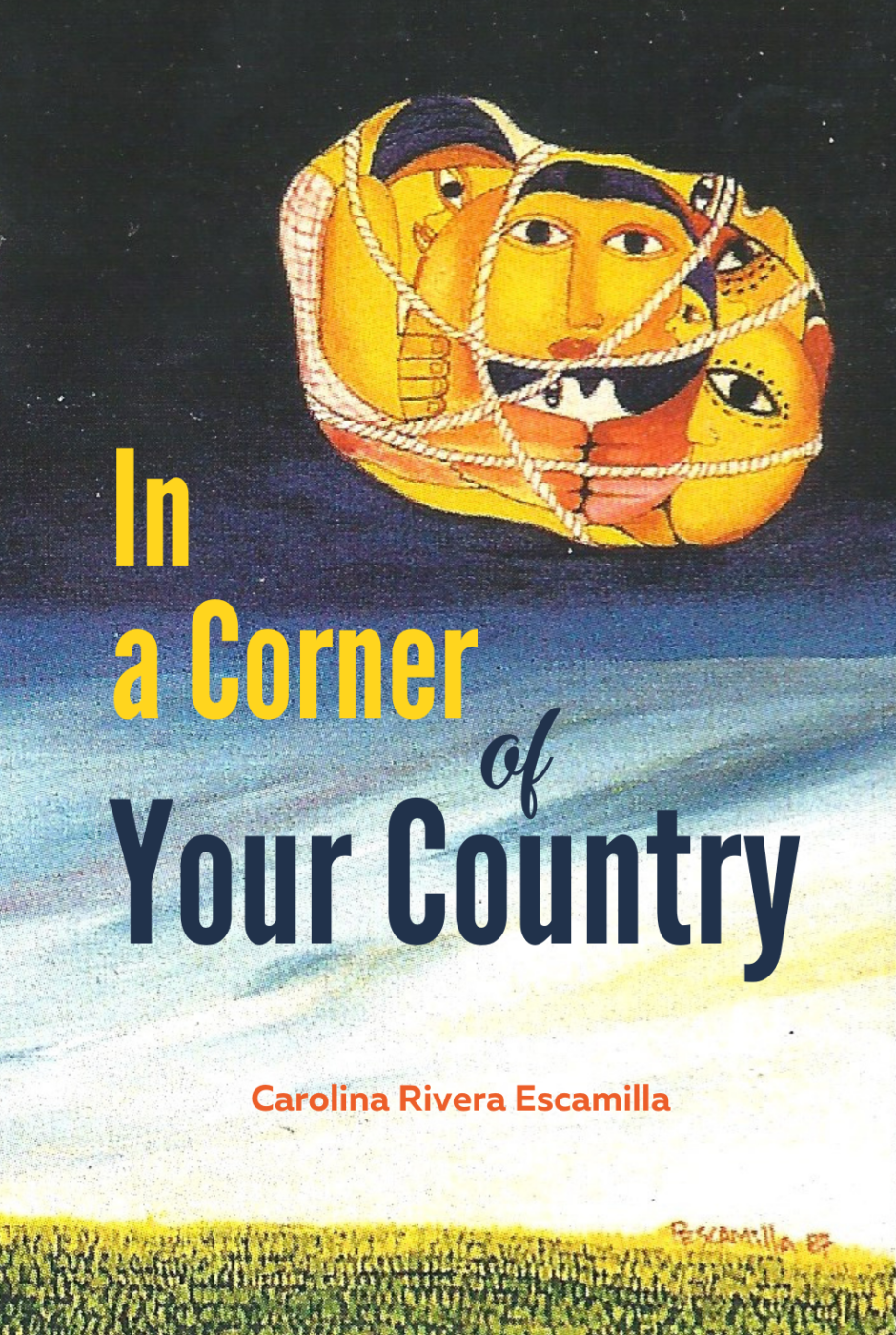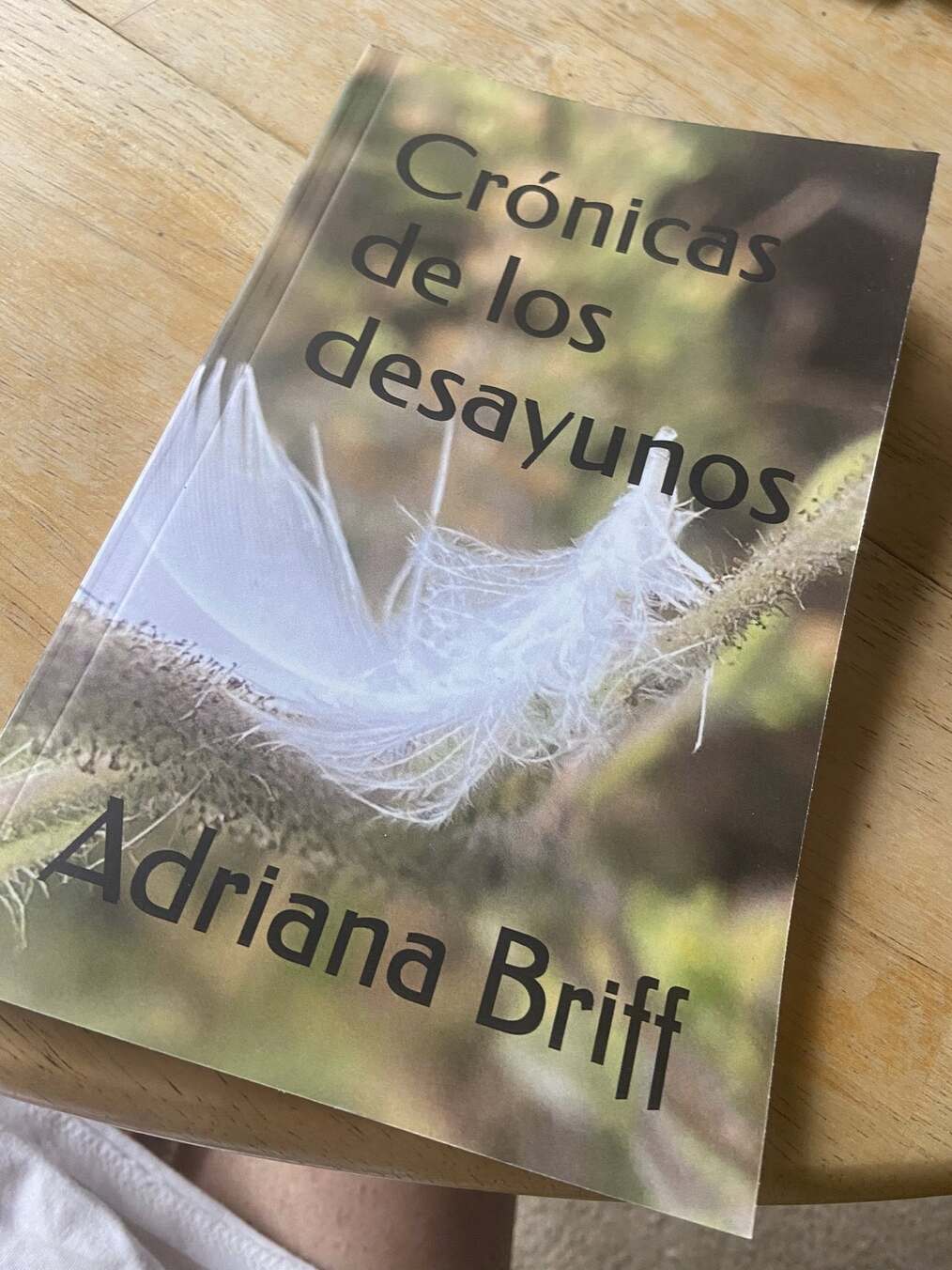Carolina Rivera Escamilla
Bilingual writer, poet, actor, playwright, and documentarian, Carolina Rivera Escamilla from El Salvador is based in Los Angeles, California. Born in El Salvador, Rivera Escamilla completed a theater arts education at the Centro Nacional de Artes in the capital San Salvador during the Salvadoran Civil War. Forced into exile soon after completing her secondary education, she was granted political asylum in Canada, and eventually joined family who sought refuge in Los Angeles, California. Finding her bearings, she turned into a Central American cultural promoter by writing, producing, and directing culturally relevant theatrical pieces in coffee houses, schools, libraries, and diverse performance spaces. Simultaneously pursuing higher education at UCLA, she graduated with a Bachelor of Arts in English Literature with an emphasis in creative writing and Spanish Literature.
Continuing her work as both a writer and performer, she became a Fellow of the Pen America Emerging Voices Program and later joined USC’s Literacy Initiative. That collaboration led to the publication of a book of short stories set in the El Salvador of her childhood and adolescence entitled …after… (World Stage Press) in 2015. That same year, she was also invited to speak as a writer, cultural leader and artist to the European Parliament at the International Women’s Conference: Women for Change, Change for Women in Brussels, Belgium. In November 2019, Rivera Escamilla was invited as a poet presenter at a “gallery talk event” as a spoken word complement to the Shirin Neshat’s photography and film art exhibition at The Broad Museum in Los Angeles. Her English poetry collection In a Corner of Your Country appeared in early 2023, followed in early 2024 with the Spanish re-creation as En una Esquina de tu País.
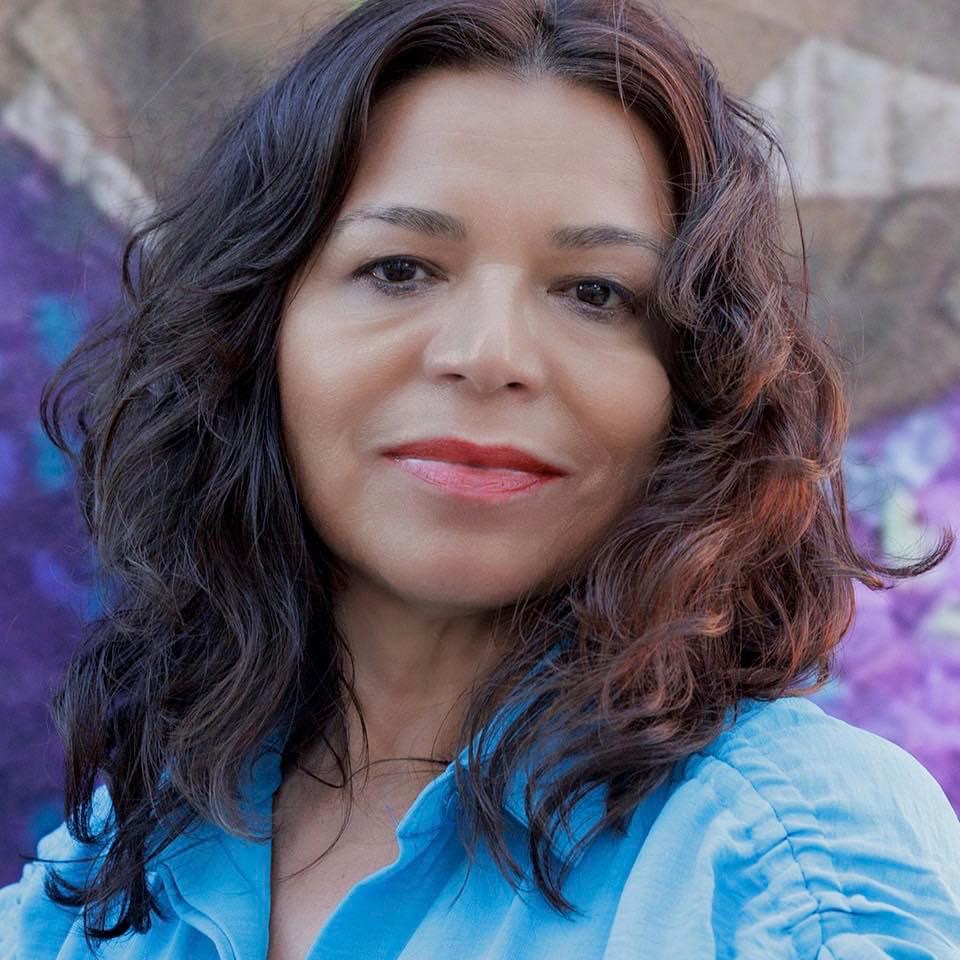
Photographer: Jonathan Lane/ JL
“As a writer, I explore through my work ways to enrich themes of memory that touch economic struggle, exile, immigration, violence, and war, because these are the themes that have accompanied me since I was a child.”
Gilaine Fiezmont
Gilaine Fiezmont writes speculative fiction and wrestles with Caliope’s poetic visits when the muse makes a call. A lifelong reader of stories in many genres across four languages, she revels in the realization that humans make art and art makes us human. Creative expression is a part of our DNA; in helping us face the grief of our human existence, it helps us endure and feeds our soul.
Excerpt from collection:
Shall I light a candle
on All Soul’s
to keep you close?
No, I shall cherish this haunting.
I shall seek it out
when forgetting begins
to swallow you.
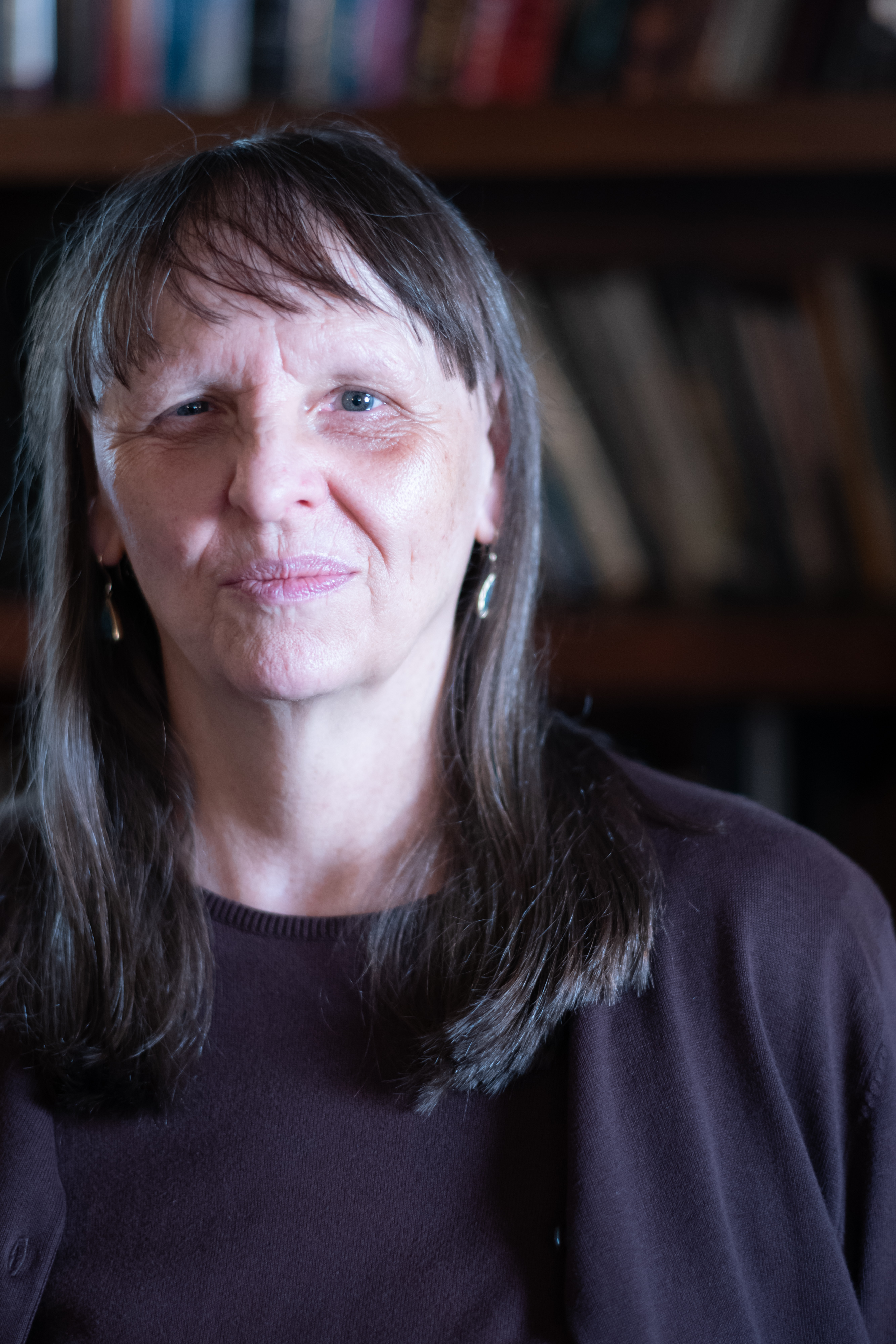
Photographer: Derek Ealy
Adriana Briff
Adriana Briff (Rosario, Argentina, 1963). Escritora, editora y acompañante terapéutica. Participó en Don’t cry for me America, antología de escritores argentinos en Estados Unidos, editada por Ars Communis (2020) y en Latinos contra el Odio, editado por HispanicLA.com en 2023. Publica sus textos en el foro de noticias digital Hispanicla, donde también realiza trabajos de edición y coordina el segmento cultural del Fogón Virtual de Hispanicla en Los Ángeles. Desde Estados Unidos, colabora con textos y lecturas en la Radio Comunitaria La Hormiga de la Biblioteca Popular Pocho Lepratti en la ciudad de Rosario, Argentina.
Adriana Briff (Rosaria, Argentina, 1963). Writer, editor, and therapeutic companion, contributed to the anthology Don’t cry for me America (2020) edited by Ars Communis to showcase Argentinian writers in the United States and to Latinos contra el Odio or Latinos against Hate edited by HispanicLA.com in 2023. She has published in the digital news forum Hispanicla, where she also is a regular contributor and editor for its cultural columns. From the United States, she contributes regular multimedia reflections to Rosario’s Radio Comunitaria La Hormiga (The Ant Community Radio) of the Pocho Lepratti Library in Argentina.
“Memories are like like and white frames, an album that we keep, with paths reconstructed from memories. However, what right do those who have left have to remember? Leaving turns into an impossible task, a forward momentum sustaining a thread worn thin by years of weathering, an eternal south-easterly wind. It never completely frays; improbably, it grows stronger.”
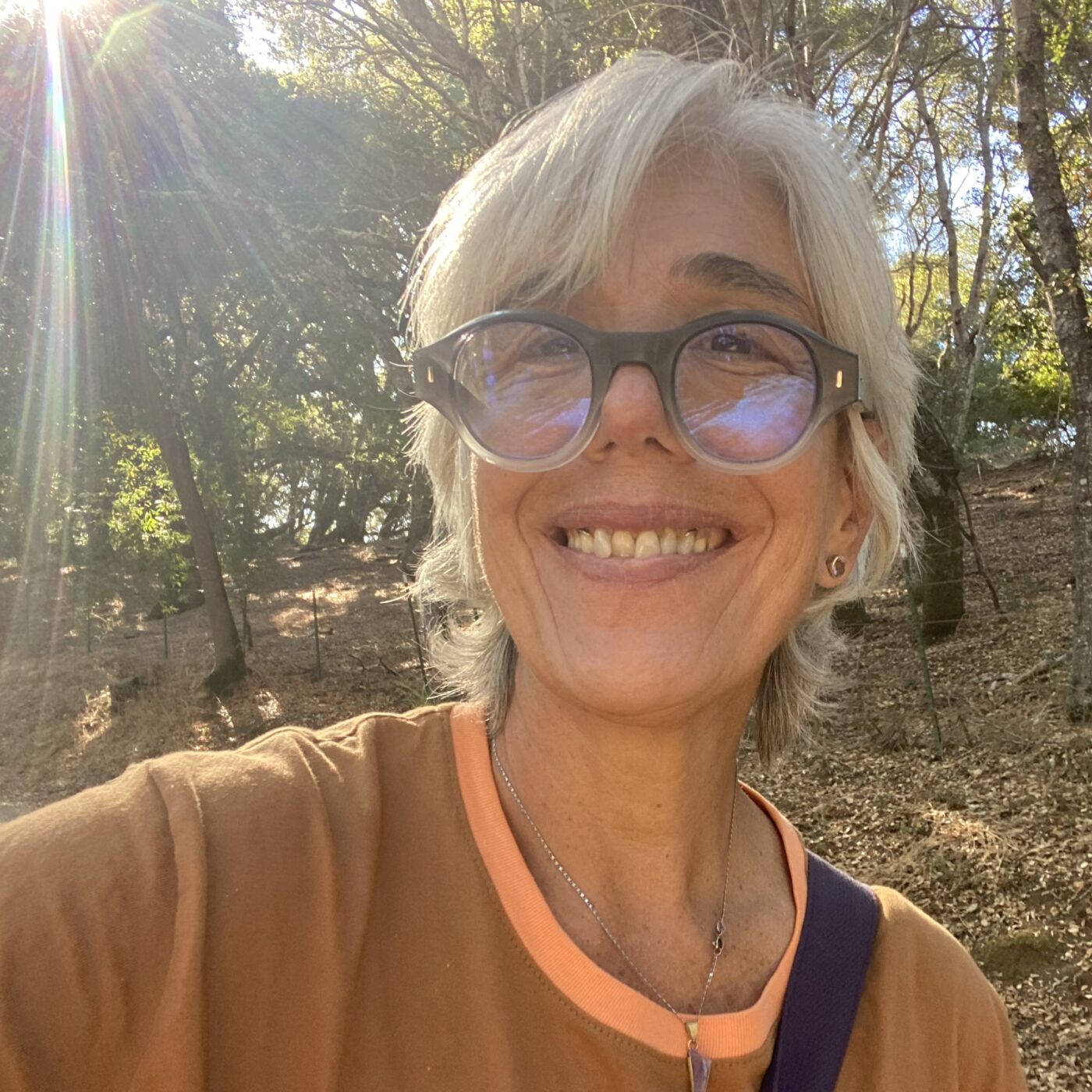
Adriana Briff
Los recuerdos son como fotogramas en blanco y negro, un álbum que guardamos, fragmentos de caminos hechos de memorias. Pero ¿qué derecho a recordar tiene quien se ha ido?. Irse es una tarea improba, un avanzar sosteniendo un lazo gastado por los años de un viento que sopla siempre, una sudestada eterna. Nunca termina de cortarse, todo lo contrario, se fortifica.

